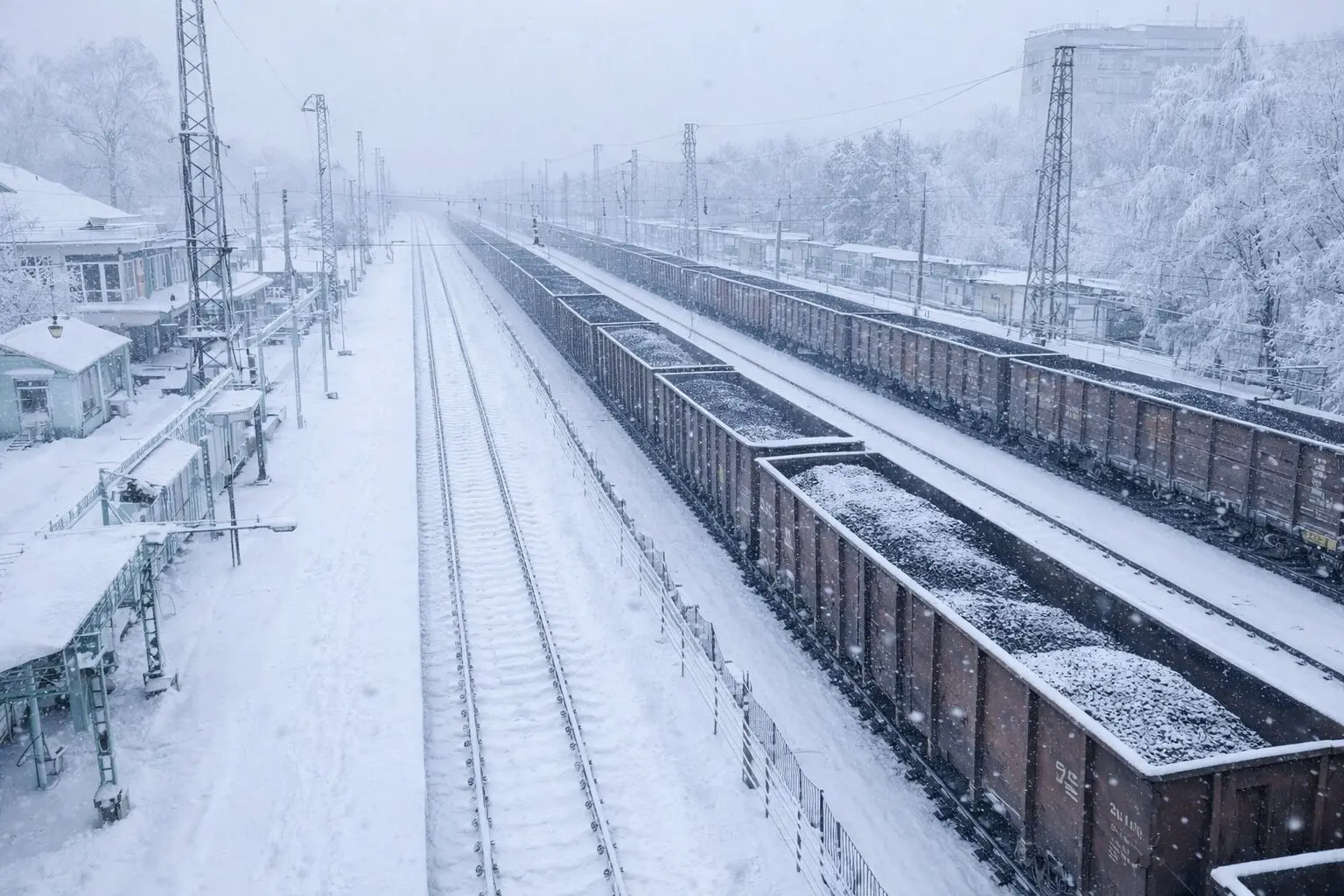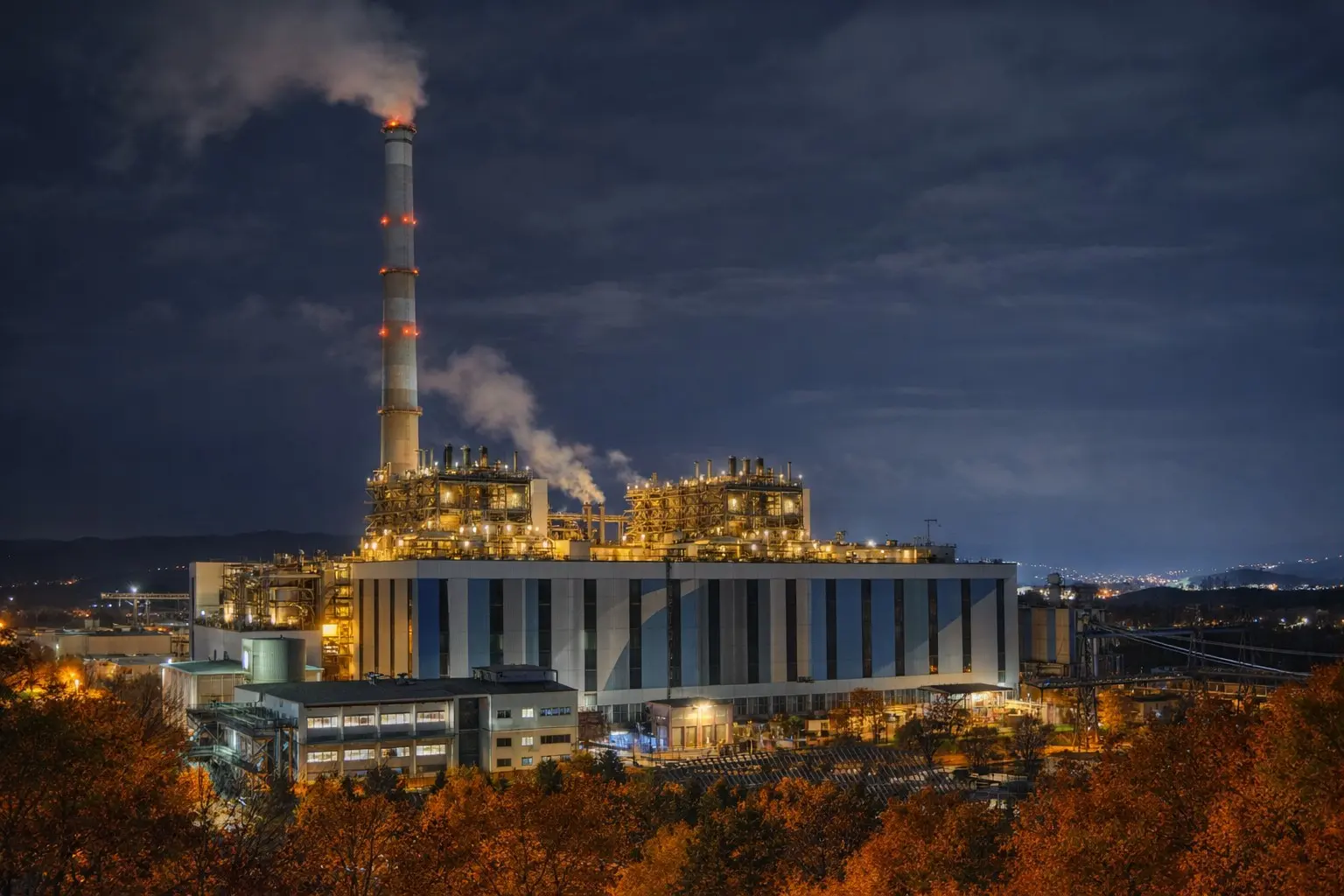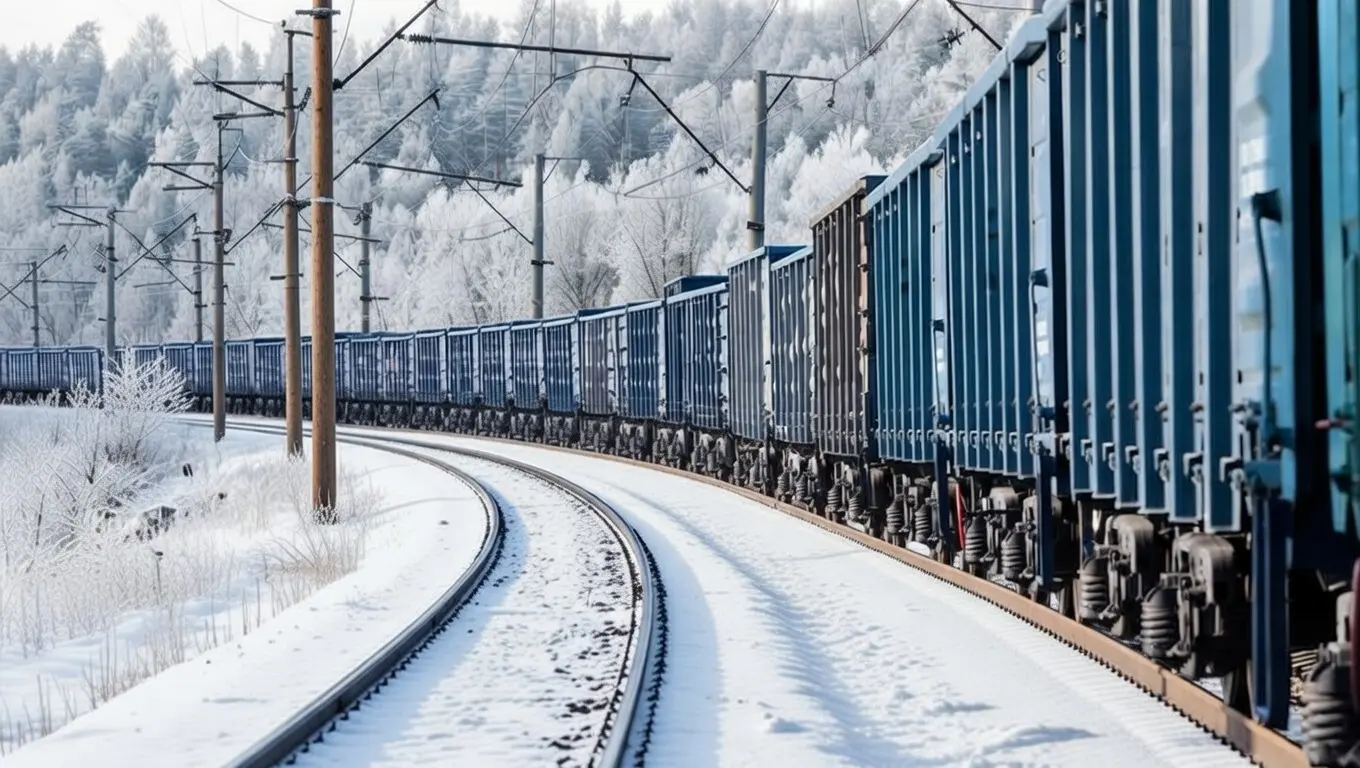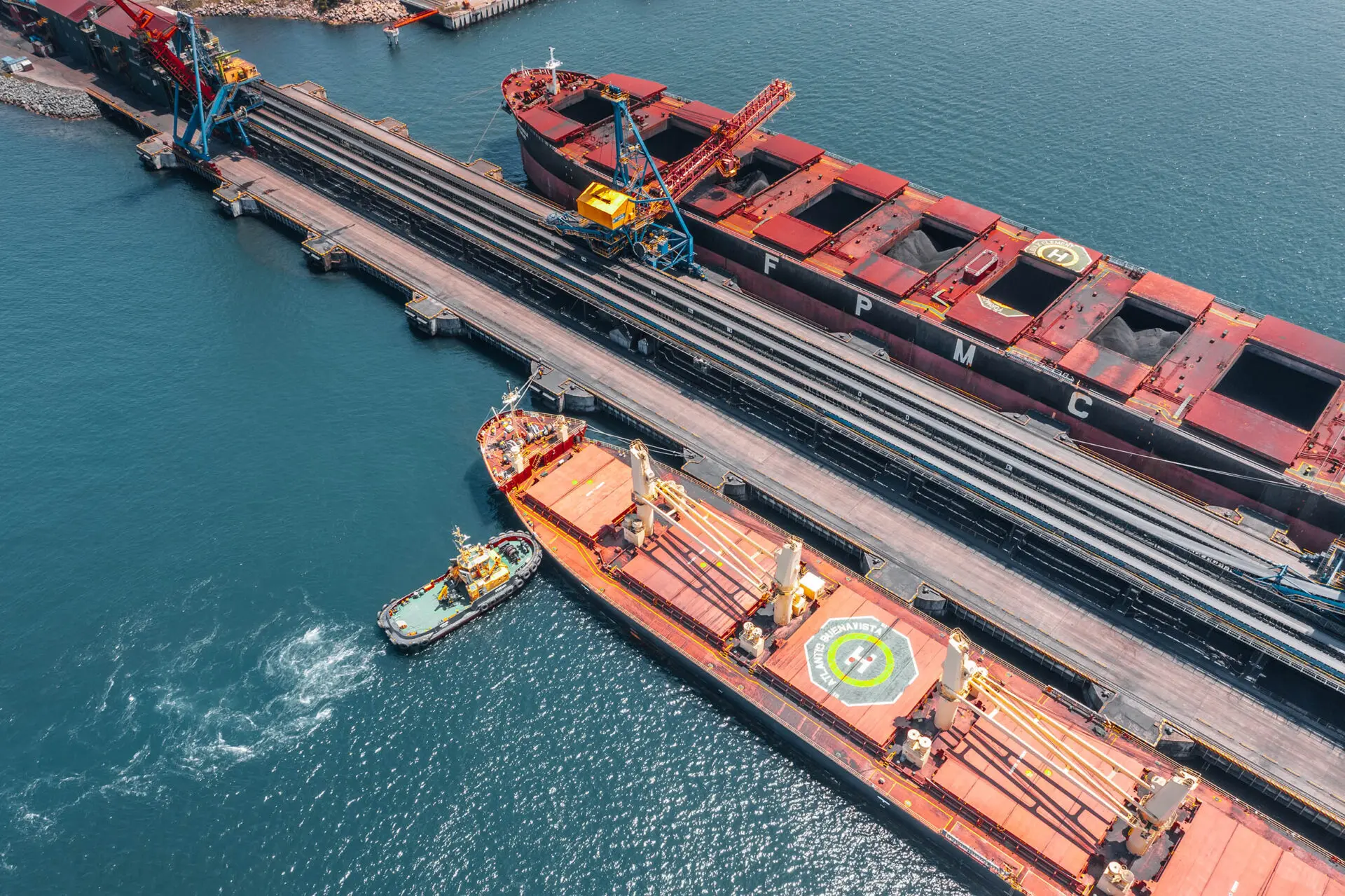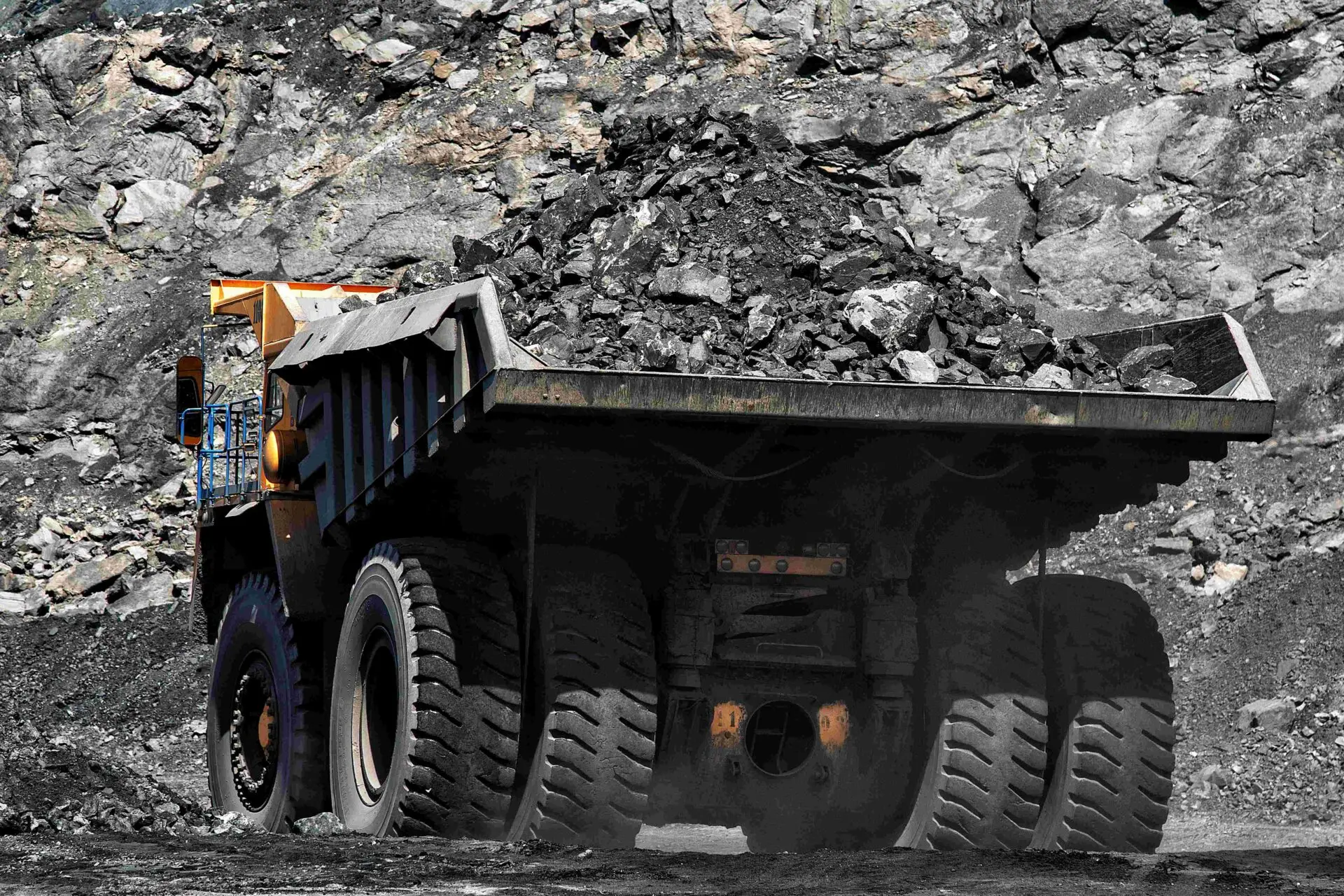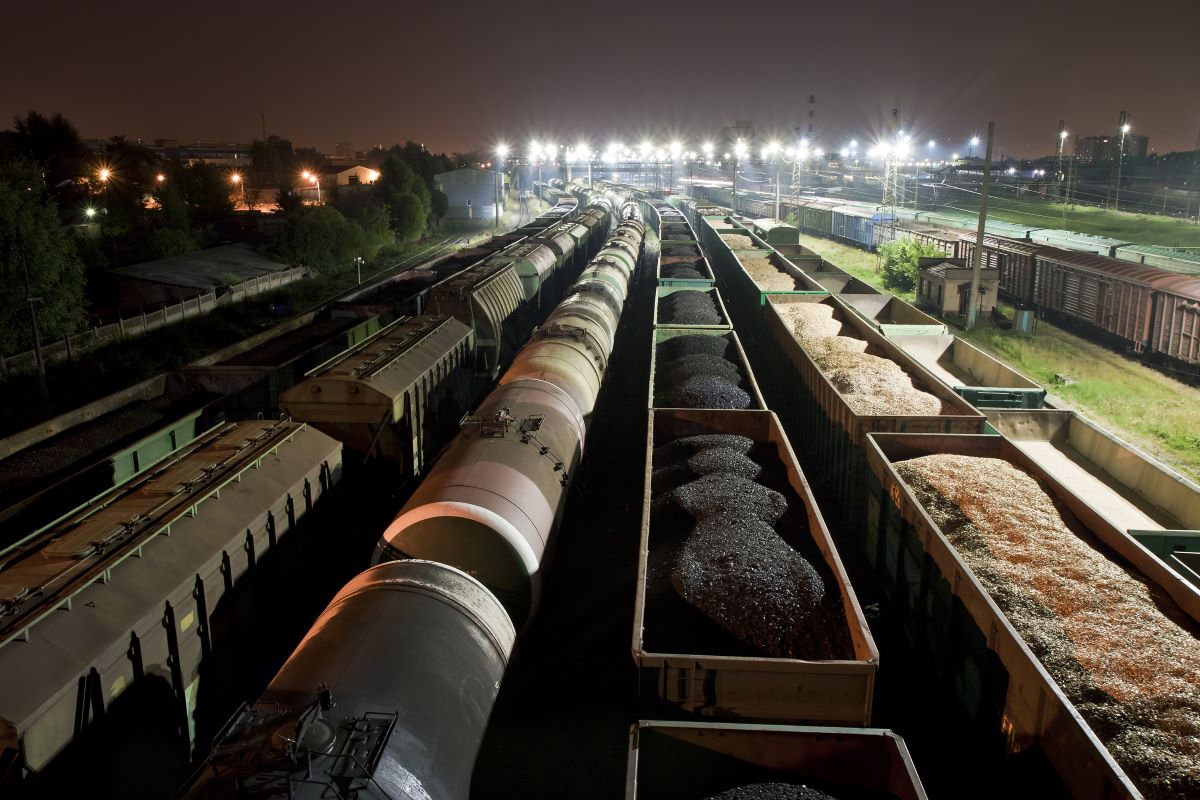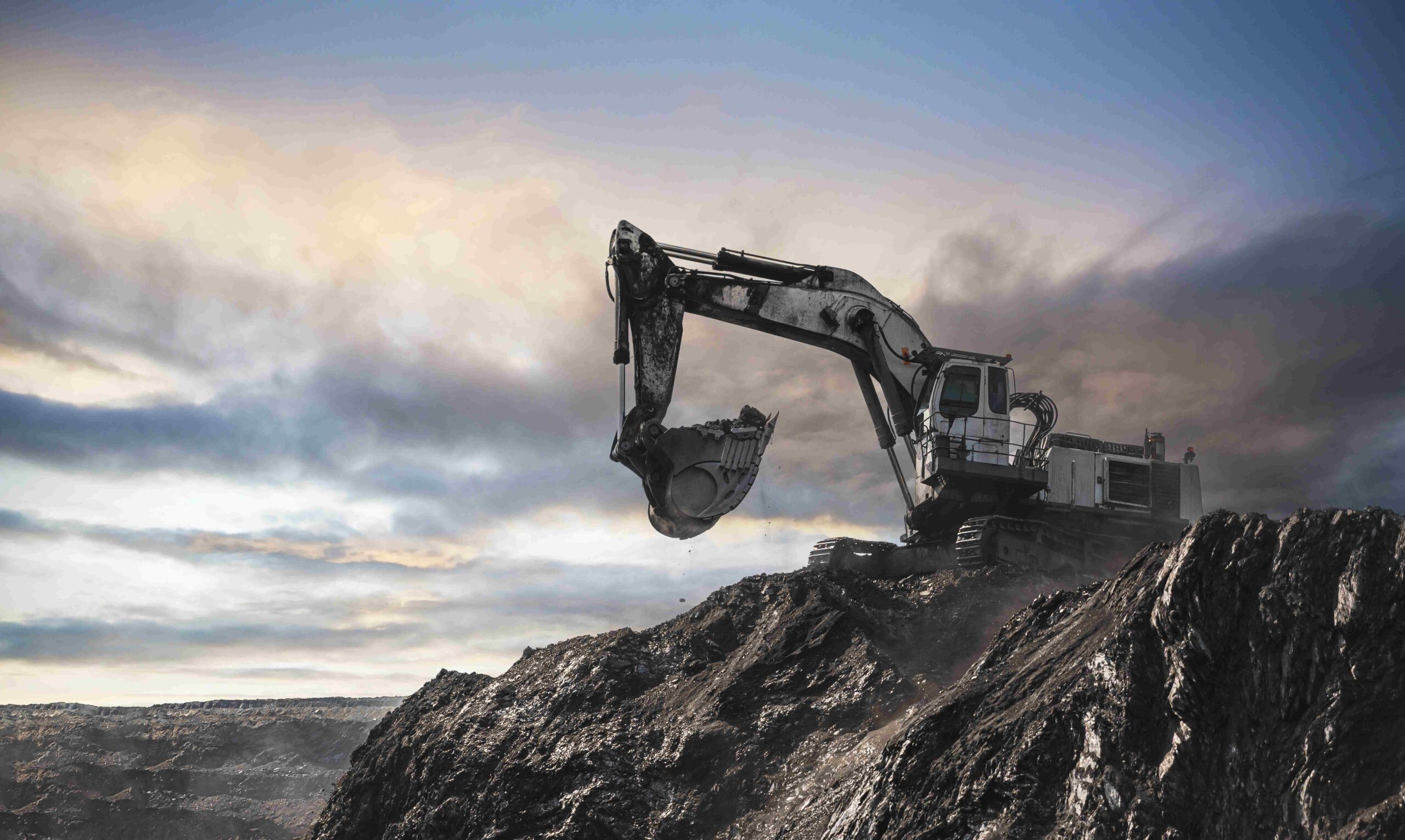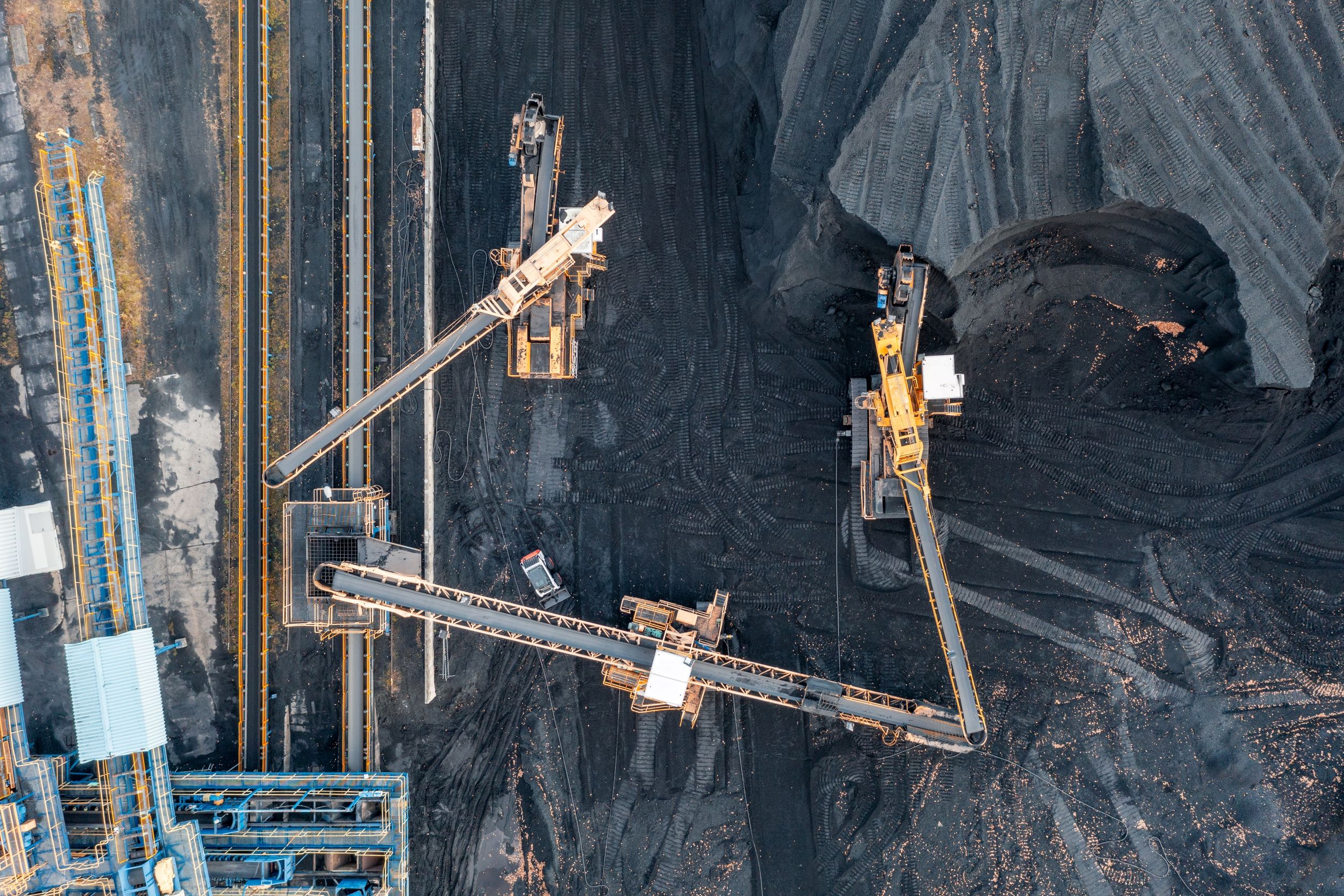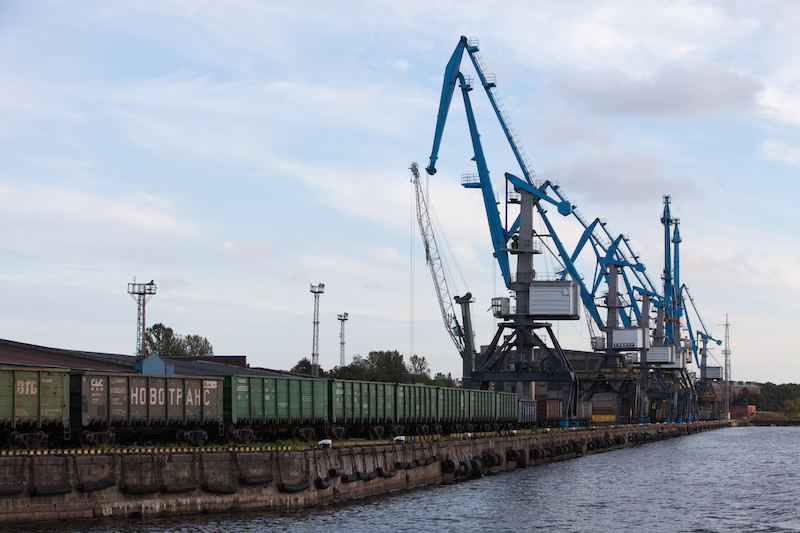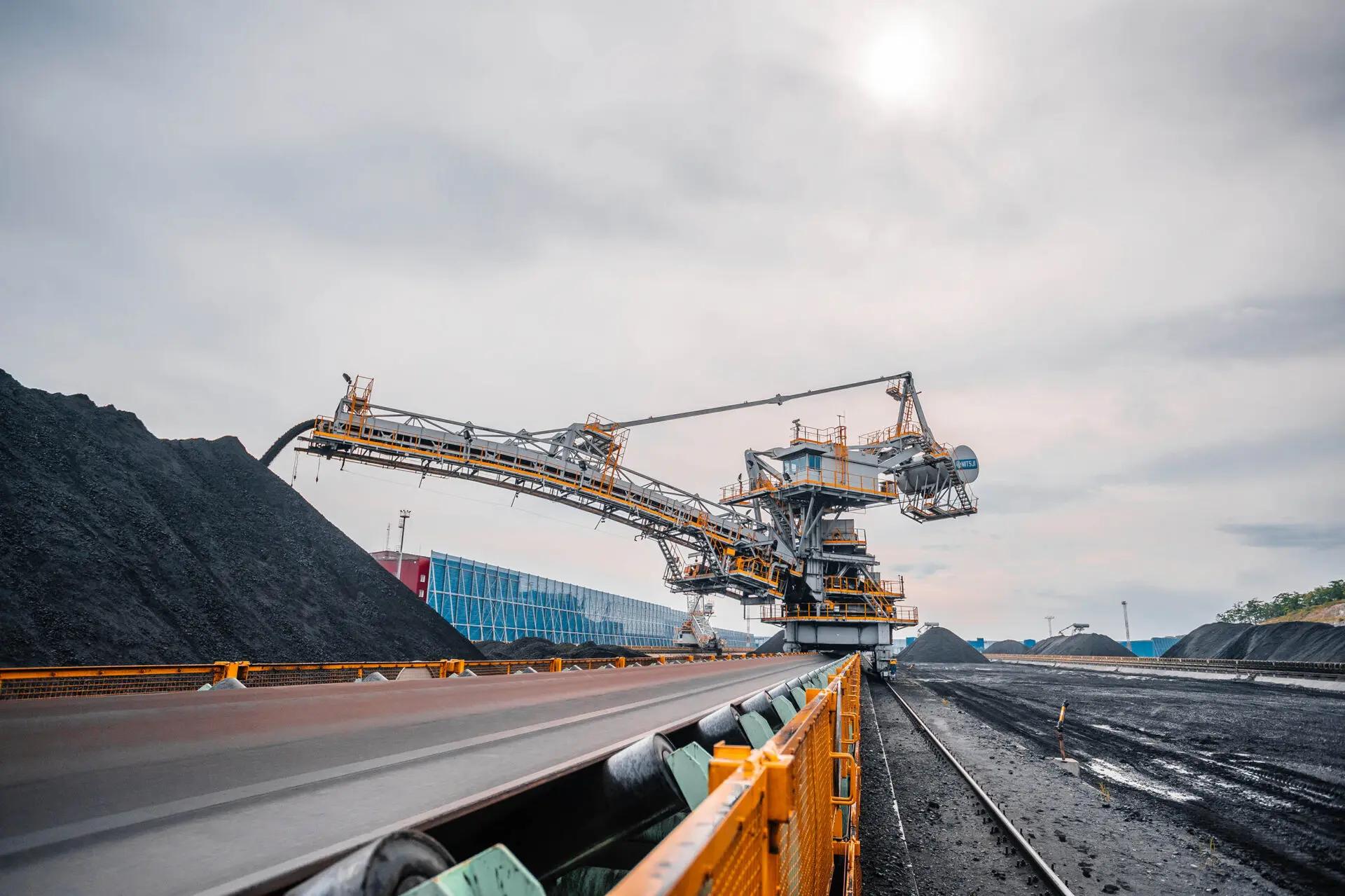

Last week, thermal coal indices on the European market surged above 360 USD/t amid the sharp rise in electricity and gas prices, driven by reduced gas supplies from Russia and the USA, due to technical restrictions of Nord Stream-1 and the accident at Freeport LNG terminal. Coal stocks at ARA terminals reached 7.5 mio t. (+0.3 mio t w-o-w).
A fire at the U.S. LNG terminal with the annual capacity of 21 billion m3, contributed to the increase in gas prices above 1,200 USD/1,000 m3. Freeport delivers 68% of its production to European consumers. Nevertheless, after the accident, it will not be able to resume full operation until the end of 2022. As a result, daily US shipments fell by 14%. Another important factor in the growth of gas prices was the announcement of Gazprom on the forced shutdown of another gas turbine engine in the Nord Stream-1, because of which the company had to reduce the capacity of the pipeline to 40%, starting from June 16. The situation is complicated by the fact that Siemens cannot return the turbine after repairs in Canada, in accordance with the anti-Russian sanctions.
South African coal prices climbed above 330 USD/t, following the trend of the European market. South Africa’s producer Thungela reported a decline in coal exports in H1 2022 to 6.1 mio t (-1 mio t or -14% y-o-y), caused by the limited capacity of the railroad leading to the port of Richards Bay. In addition, rail operator Transnet is initiating scheduled repairs on the railway network during July 12-21, that, however, may be delayed due to maintenance on the container line after flooding.
In China, spot prices of 5500 NAR strengthened to 189.50 USD/t FOB Qinhuangdao. The growth of steam coal quotations in the Chinese domestic market resulted from the recovery of industrial activity owing to the gradual cancellation of lockdowns.
The decline in trading activity of Asian consumers, who took a wait-and-see approach because of high prices, had a negative impact on Australian material quotations, which fell below 380 USD/t. Indian consumers pay more attention to Russian material, which is offered at a discount to Australian material.
Indonesian 5900 GAR index was trading at 193 USD/t. Market participants note the growing demand from Chinese power plants for imported coal with lower CV, than they usually consume. The demand is due to the attempt of Chinese power plants to curb costs, following the pressure from the authorities and the initiative of China to increase supplies to the coastal power plants in order to avoid a repeat of the blackouts in major cities.
The Australian metallurgical coal index stayed at 380 USD/t. The market is not seeing any demand from end-users at prices above USD 400/t FOB Australia as steel prices continue to decline, causing steelmakers in the Asia-Pacific market to take a wait-and-see attitude.
Source: CAA

